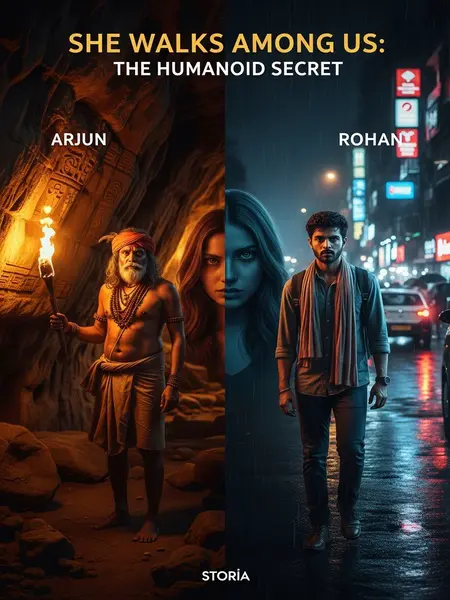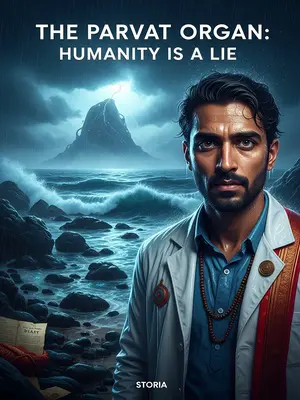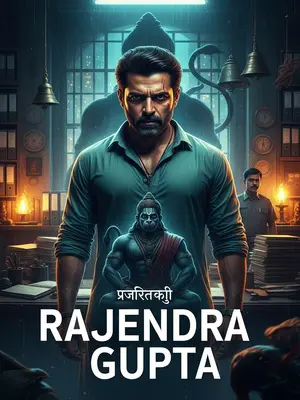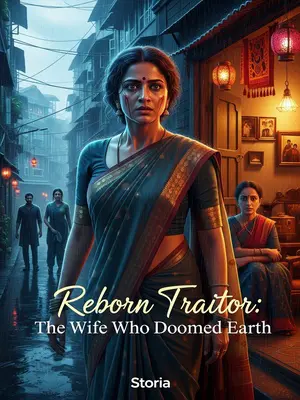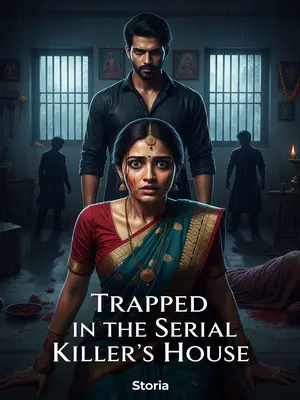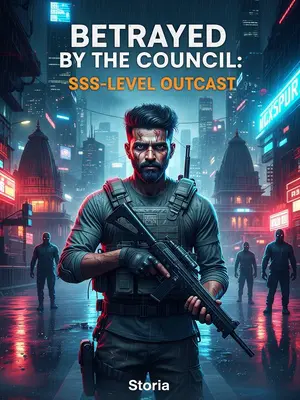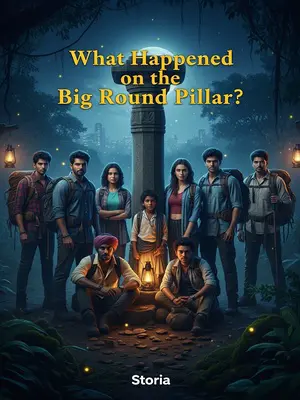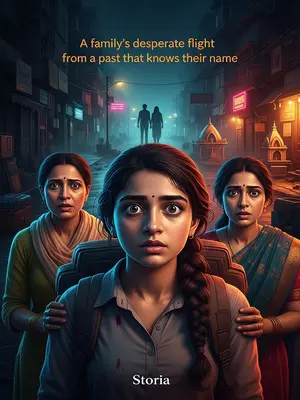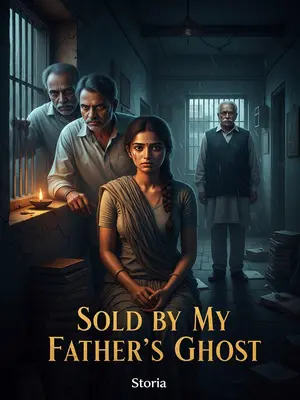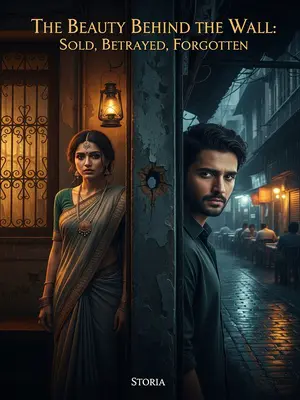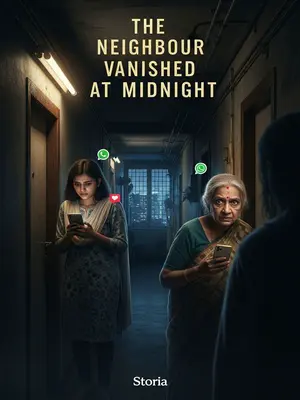Chapter 2: Pune Stories and Sibling Mind Games
Click.
In our Pune study, Meera tapped out her final word and shot me a smug look. The ceiling fan whirred lazily, mixing the smell of tadka from the kitchen with the steady hiss of the Hawkins cooker. Meera stretched, cracking her knuckles like a batsman before the last over.
“So what happened next? What secret did that clever man discover?” I blurted out, eyes wide, elbows digging into our old Godrej table. I was squirming like a kid waiting for the last ball in a cricket match—just tell me, na!
Meera snapped her laptop shut, picked up her chai, and mumbled, “Just a story, yaar. I haven’t decided the secret yet.”
She sipped her tea, eyebrows raised, dupatta sliding off her shoulder as she tried to look all mysterious.
I groaned. “Arrey yaar, I was watching you write, getting all caught up, waiting for the big reveal, and you—the author—don’t even know yourself?”
I threw my hands up, channeling every overdramatic TV hero. “Meera, you’re worse than those serials where they stop the episode right before the big twist!”
She gave me a side glance. “Rohan, aren’t you always coming up with wild theories? Help me, na. What should the secret be?”
Her lips twitched, and from the next flat, the neighbour’s TV played “Sa Re Ga Ma”—as if mocking me.
I just stared. “Seriously? You’re the horror novelist, not me!”
She grinned, flicking my arm. “It’s called brainstorming! I almost made the stranger a rakshasa, but that’s old school—not scary enough.”
Her gold bangle flashed. “Every time someone’s stuck, they blame the rakshasa. If I wanted that, I’d just ask Nani for a bedtime story.”
“If your story is about the uncanny valley, you can’t just make it a monster…”
I got up, grabbed a book from the shelf—some big-shot foreign horror anthology—and flipped it open to a page with a yellowed Indian Express cutting.
“Look, the earliest uncanny valley stuff is about robots and dolls,” I pointed. “If your cave people saw a robot, they’d just faint!”
Meera rolled her eyes. “I already know the basics.”
She took the book, fingers tracing the margin, pretending not to care—but I knew she was paying attention.
She scanned the page, lips moving as she read out the firangi names. I had to smile. She acted bored, but her eyes were shining.
I nudged her. “Robots don’t fit in your cave story. Arjun chasing a robot with a burning stick? The whole tribe would just run!”
She launched a cushion at me, grumbling, “Exactly. So I made it something that looks human, but has a fatal flaw. Once you spot the flaw, you know.”
She spoke softer now, almost drowned out by the fan. Her eyes sparkled with ideas.
I leaned in. “So, what’s the flaw?”
I was already imagining wild stuff—third eye, shadowless feet, voices that echo twice.
She snapped, “Didn’t I just say? I haven’t decided!”
She pinched my arm, playful but bossy. “Chill, Sherlock. Plot twist toh abhi baaki hai.”
I teased, “Martians? Nagas? Chudails?” and did my best B-movie voice: “Watch out, the shape-shifter is among us!”
She rolled her eyes. “Please. If I wanted chudails, I’d just copy-paste from WhatsApp forwards.”
After a pause, she turned her laptop to show a notepad file. “But I gave them a name.”
“What name?”
“We’re humans, so they’re Manushya-Roop. Humanoids, you know?” She said it like a Doordarshan anchor introducing a new mythological show.
I made a face. “You have to be so literal? What if someone thinks it means ‘human-faced’ and gets confused?”
She just shot me a look and went back to reading, page-turning with maximum drama.
Suddenly, I asked, “By the way, why did Arjun sense something was wrong at first glance?”
She stared at me, face suddenly serious. “Rohan, do you ever get scared looking at me?”
Her eyes didn’t blink. The fridge hummed louder. I laughed nervously. “Huh? What’s that supposed to mean?”
I fiddled with my phone, but she kept staring. A shiver crawled up my arms.
Suddenly, her face split into a grin. The spell broke; her laughter rang out like glass bangles. I exhaled.
“One trait of humanoids—before their flaw is found, some people still sense them. Fear for no reason.” She wiggled her eyebrows. “Like how you get scared of lizards, even before you see them.”
“But fear needs a reason. If there’s no flaw, what’s there to be afraid of?”
She put the book down, face blank. The wall clock’s tick got louder, the silence thick.
“Didi, why are you looking at me like that?”
I laughed, but it came out shaky. Her stare was fixed, cold—like a doll’s. Sweat prickled on my forehead.
My mouth went dry. I glanced at the door, wishing I could bolt.
She tilted her head, half-smiling. Then, she said—
Her smile was not hers. Too slow, too wide, like a puppet with tangled strings. My heart hammered.
“Why are you so sure the person who came to your house today is really your cousin?”
